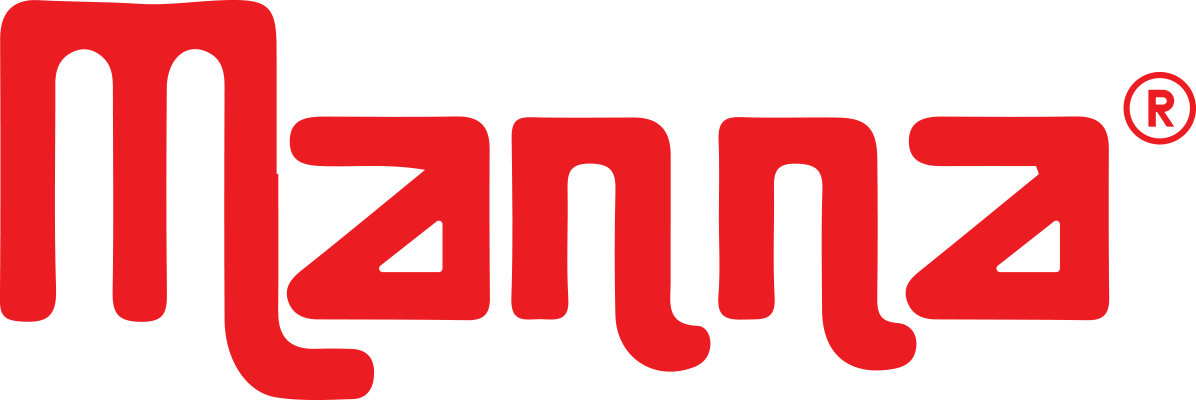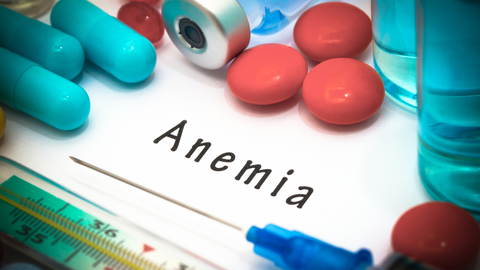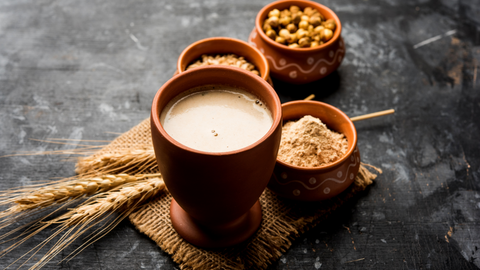Anemia is a medical condition where your red blood cells are unable to carry oxygen and in turn, there is inadequate oxygen in the body due to low hemoglobin. There are different kinds of anemia that cause a variety of symptoms. About one-third of the population has a form of anemia. It also breaks down the red blood cells or causes loss of those cells. Initially, iron deficiency can go unnoticed as it is mild.

Anemia worsens and symptoms intensify as the body becomes iron deficient.
In this article, we will be discussing the threat of anemia to the body and which diet would suit the best.
Symptoms of anemia
Symptoms may include fatigue, paling of the skin, shortness of breath, difficulty concentrating, dizziness or a fast heartbeat and this can happen when the body does not receive the levels of oxygen it requires. Iron deficiency is thought to be the common cause of anemia and it affects around 2 billion people worldwide.
What causes iron deficiency?
Iron deficiency is the main cause of anemia worldwide due to nutritional and development factors. It is also the most common cause of nutritional deficiency. There are a number of reasons that can lead to iron deficiency in the body. Certain diseases or conditions may cause weak red blood cells to be produced. Iron deficiency can reduce the quality of the cells that are being made, as Iron is essential for the development of healthy red blood cells. Factors that can cause low iron in the body –
- Inadequate diet
- Low iron intake
- During pregnancy or menstruation - This is when the body needs more iron.
- Gastrointestinal bleeding can lead to iron deficiency in the body
Women, infants, children and frequent blood donors have an increased risk of iron deficiency.
Diet and food recommendations
It is necessary for all who have low iron content, to switch to an iron-rich diet. It is good to be precautionary and build in iron content through food intake. We would recommend a diet of iron-rich food including:
- Red meat and poultry
- Seafood
- Beans
- Dark green leafy vegetables
- Dry fruits like apricots and raisins
- Peas
- Cereals that have a high iron content
Iron from meat is better absorbed by the body than iron from other sources. Diets based on plants also allow the body to absorb iron better. It is also recommended that you consume vitamin C-rich foods that will help your body absorb iron.
During the first year of life, breast milk or iron-fortified formula can be given to infants to increase their iron intake. It is not recommended to give babies cow's milk as a source of iron.
Mild iron deficiency is not worrisome but if left untreated then it can lead to severe health problems like -
- Heart problems such as irregular heartbeat or rapid heartbeats may occur when you have anemia. Growing palpitations occur as your heart must pump more to compensate for the lack of oxygen in your blood.
- During pregnancy, severely low iron content leads to premature births and low-weight babies being born. Prenatal care should include an iron-rich diet.
- Delayed growth and development of infants and children - low iron also leads to more susceptibility to infections.


